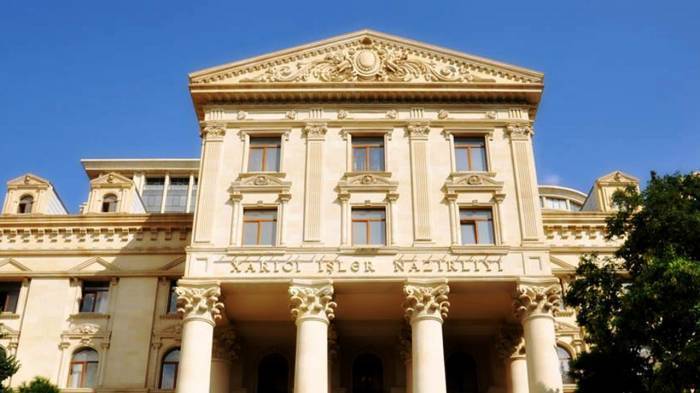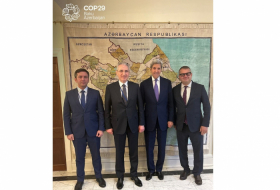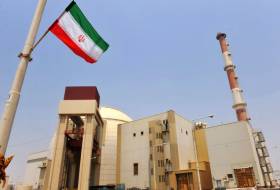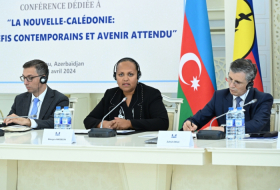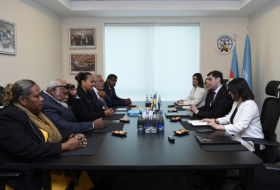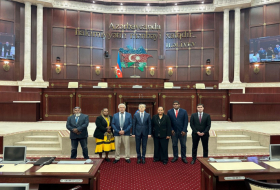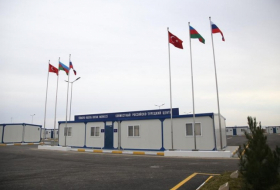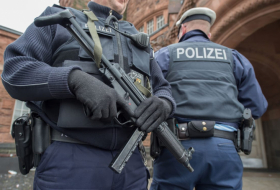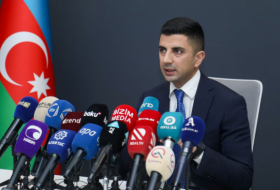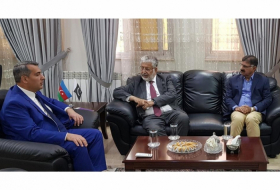He was commenting on the speech of Armenian Prime Minister Nikol Pashinyan at the NATO meeting on Afghanistan.
Hajiyev noted that, the support for the territorial integrity and sovereignty of Azerbaijan and the resolution of the conflict on the basis of these principles was once again expressed in the final document adopted at the level of heads of states and governments of NATO member countries in Brussels.
The support and respect for the territorial integrity, sovereignty and inviolability of the borders of Azerbaijan were also expressed in the document entitled as “Priorities of cooperation” and signed between Azerbaijan and the EU.
"Mutual respect for the territorial integrity, sovereignty and inviolability of the borders of states is the basic principle of inter-state relations, the political and international legal obligation and civilized behavior. The non-recognition and disrespect of the relevant resolutions of UN Security Council, decisions and resolutions of the Non-Aligned Movement, the OIC, OSCE, NATO, the Council of Europe and other international institutions shows that there is a serious gap between Armenia and the international community," Hajiyev said.
The Spokesperson added that, instead of taking constructive steps to resolve the conflict through negotiations, the Armenian leadership contributes to aggravation of the situation by putting forward pre-conditions for negotiations, conducting illegal visits to the occupied Azerbaijani territories, placing additional manpower there, etc.
Haciyev added that, speaking about democracy, the prime minister of Armenia pursues the goal of legitimizing his coming to power through a coup d'état.
"If Pashinyan wants to prove his commitment to democracy and human rights, Armenia must comply with international obligations, withdraw its troops from the occupied Azerbaijani territories, and not interfere with the right to return to their native lands of Azerbaijani internally displaced persons subjected to ethnic cleansing," the official said.
The conflict between the two South Caucasus countries began in 1988 when Armenia made territorial claims against Azerbaijan. As a result of the ensuing war, in 1992 Armenian armed forces occupied 20 percent of Azerbaijan, including the Nagorno-Karabakh region and seven surrounding districts.
The 1994 ceasefire agreement was followed by peace negotiations. Armenia has not yet implemented four UN Security Council resolutions on withdrawal of its armed forces from the Nagorno-Karabakh and the surrounding districts.
More about: Armenia Azerbaijan








